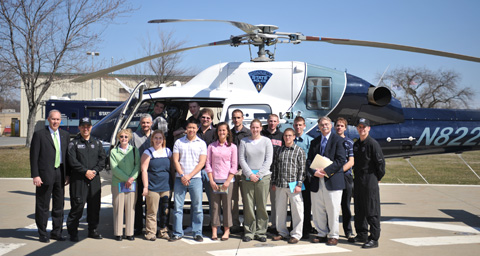Minoring In
Minors
The minor in Criminal Justice is designed for persons majoring in other disciplines whose professional plans include the potential of interface with the criminal justice system (e.g. counseling, ministry, social work, etc.) and for those persons with a general interest in the field. The requirements for the minor are:
Introduction to Criminal Justice (CRJU 1010)
Judicial Systems (CRJU 2010)
Criminology (CRJU 3020)
AND
9 hours of CRJU electives, excluding Seminar: Diversity (CRJU 4100) and Internship Experience (CRJU 4500).
Criminal Justice Tracks/Emphases
Juvenile Justice Track/Emphasis
Juvenile Delinquency (CRJU 3120 & Lab)
Juvenile Justice Systems (CRJU 3140 & Lab)
Contemporary Issues in Juvenile Justice (CRJU 4050)
Criminal Justice Policy (CRJU 4070)
Comparative Criminal Justice Track/Emphasis
Comparative Criminal Justice (CRJU 3070)
Topics in Criminal Justice (CRJU 4030)
Criminal Justice Policy (CRJU 4070)
Cross Cultural Experience in Criminal Justice (CRJU 4900)
Law Enforcement Track/Emphasis
Introduction to Private Security (CRJU 1030)
Fundamentals of Law Enforcement (CRJU 2030)
Criminal Investigations (CRJU 2100)
Criminal Justice Policy (CRJU 4070)
Law Track/Emphasis
Business Law I (BUAD 2100)
Business Law 2 (BUAD 2110)
American Studies: Constitutional History (POLS 2300)
White Collar Crime (CRJU 3080)
Correctional Counseling Track/Emphasis
Counseling (PSYC 3080)
Juvenile Justice Systems (CRJU 3140)
Advanced Counseling (PSYC 4050)
Criminal Justice Policy (CRJU 4070)
White Collar Crime Track/Emphasis
Principles of Accounting I (ACCT 2010)
Criminal Investigations (CRJU 2100)
Information Security (CSCI 2640)
White Collar Crime (CRJU 3080)